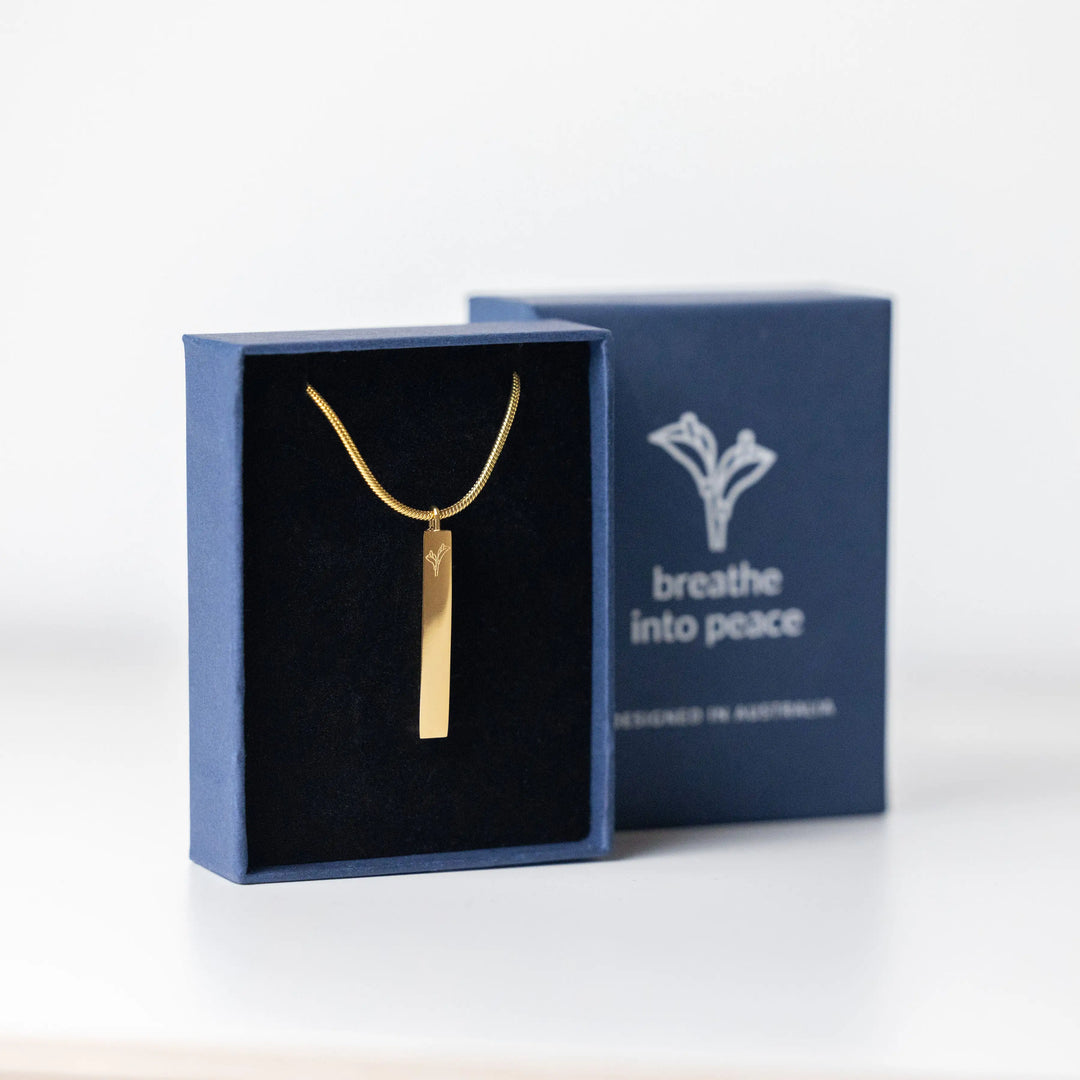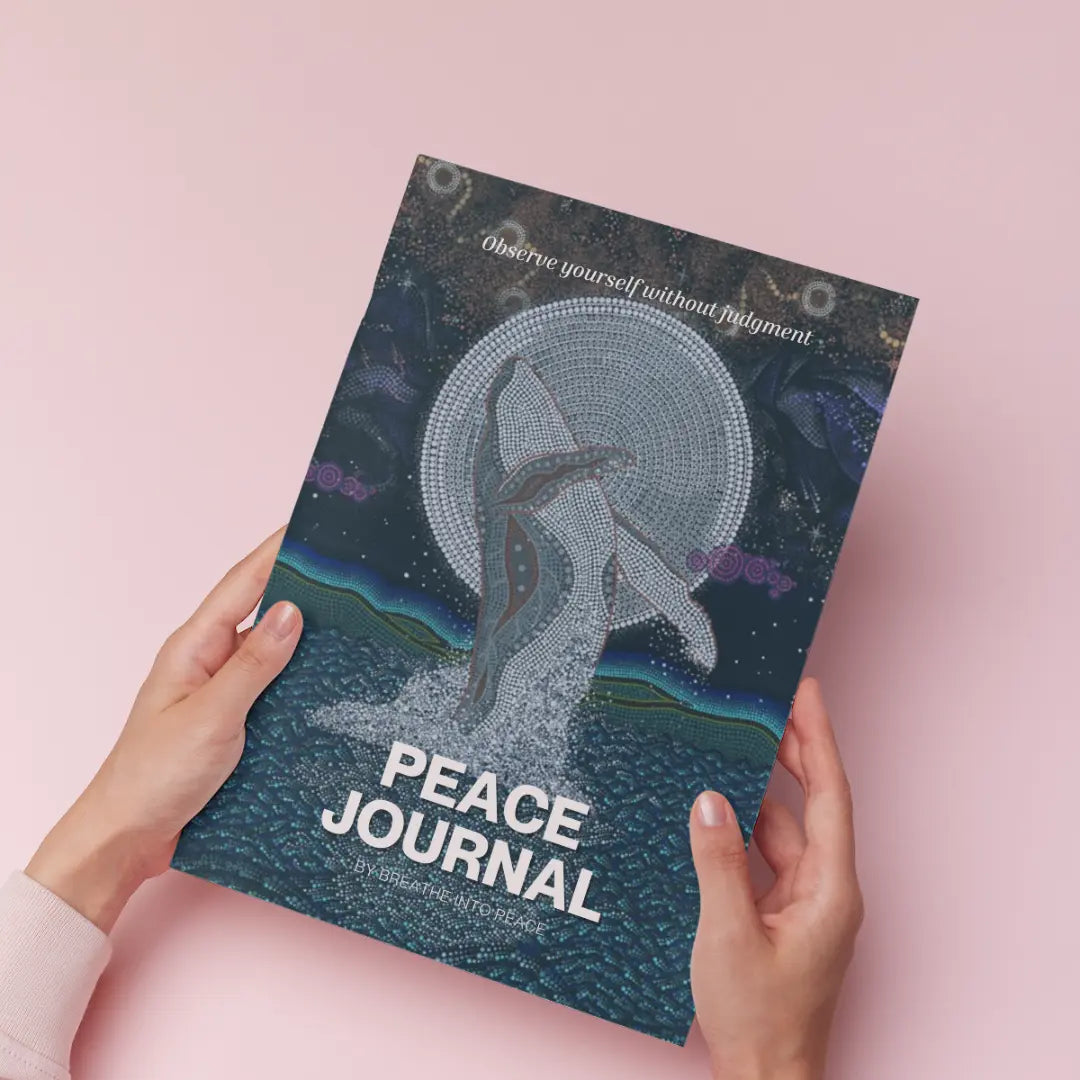Navigating Relationships When Anxiety Strikes: Tips for Couples
Understanding Anxiety in Relationships | Signs of Anxiety | Communication in Relationships | Creating a Supportive Environment | Practical Strategies for Managing Anxiety | When to Seek Professional Help | Addressing Anxiety In Yourself | Key Takeaways
Anxiety is a common emotion that everyone experiences at one point or another. In relationships, however, anxiety can be an unwelcome and intrusive third wheel. It can creep in quietly, affecting you and your partner in a way that completely changes the relationship dynamics. This article aims to shed light on how couples can navigate these turbulent waters together, offering practical tips to strengthen the bond despite the anxiety.
Understanding Anxiety in Relationships
Anxiety goes beyond the usual worries and stresses of daily life. It’s characterised by persistent, excessive, and unrealistic worries about everyday things. When it comes to relationships, anxiety can manifest as constant worries about a partner’s love, fidelity, or the future of the relationship itself.
Note though that the source of anxiety isn’t always the relationship itself. You may be anxious about your job and this anxiety bleeds into the relationship.
Signs of Anxiety in Relationships
If you think you or your partner is experiencing anxiety, the following symptoms may be familiar:
- Excessive worrying - one of the hallmark signs of anxiety is the tendency to worry excessively about various aspects of a relationship such as commitment, fidelity, or compatibility, even when there is no concrete reason for concern.
- Avoidance behaviours - anxiety might lead a person to avoid certain situations or discussions that they fear could lead to conflict or stress.
- Irritability or mood swings - anxiety can affect a person’s mood, making them more prone to irritability or sudden mood changes. This can create a volatile emotional environment within the relationship.
- Physical symptoms - anxiety isn’t just a mental challenge - it can also manifest physically. Symptoms include restlessness, fatigue, muscle tension, or sleep disturbances can be indicative of anxiety.
- Social withdrawal - an anxious person might withdraw from social activities or interactions, including those involving their partner.
- Trust issues - anxiety can lead to or worsen trust issues within a relationship with the anxious partner constantly and irrationally doubting their partner’s intentions or loyalty.
- Needing constant reassurance - an anxious individual may frequently seek reassurance about their partner’s feelings for them.
Communication as the First Line of Defense
Open and honest communication is the cornerstone of any healthy relationship, especially when dealing with anxiety. Partners need to express their feelings without placing blame. Phrases like “I feel anxious when…” rather than “You make me anxious by…” can foster understanding rather than conflict. Actively listening and validating each other’s feelings are equally important as they show empathy and respect for each other’s emotional experiences.
Establishing a Supportive Environment
Empathy and understanding play significant roles in supporting a partner who is dealing with anxiety. Creating a safe space where vulnerability can be shared without judgment is critical. This involves practicing patience, offering assurances, and avoiding pressuring your partner to “get over” their anxiety. Remember, the goal is to support and not to cure.
Practical Strategies for Managing Anxiety Together
There are several relaxation techniques that couples can practice together to manage anxiety. Deep breathing exercises, meditation, and yoga can be incredibly calming and serve as a bonding experience.
Regular physical activity and engaging in shared hobbies can also reduce stress and improve your overall well-being. It’s also important for both partners to respect boundaries and prioritise personal time for self-care. Other practical strategies you and your partner can adopt to manage anxiety include:
- Establish a routine for check-ins. Set aside regular times to discuss feelings, concerns, and anxiety triggers in a non-judgemental space, fostering open communication.
- Learn each other’s triggers. Understanding what triggers each other’s anxiety can help in avoiding those triggers or handling them more sensitively.
- Set boundaries around stressful topics. Agree on boundaries for discussing stressful topics such as limiting these conversations to specific times or avoiding them before bed.
- Prioritise quality time. Ensure that your quality time is free from the distractions of work or technology to strengthen your connection.
- Educate yourself about anxiety. Understanding the emotions and coping mechanisms can remove the mystery of the experience and make it easier to manage.
- Practice patience and compassion. Recognise that managing anxiety is a process and offer each other patience and compassion along the journey.
Finally, take the time to acknowledge and celebrate progress. This helps reinforce the positive outcomes and build confidence for the future.
When to Seek Professional Help
There comes a point when professional help may be necessary. This doesn’t signify failure but rather a proactive step towards understanding and managing anxiety more effectively. Couples therapy can be particularly beneficial, providing a neutral ground to explore issues and learn coping strategies with a professional.
Recognising when to seek professional help may be difficult for some. Typically, when anxiety persists or worsens over time despite self-help efforts, it may be time to consult a mental health professional. This is particularly important if the anxiety significantly impacts daily functioning, enjoyment of life, or the health of a relationship. Persistent conflicts, misunderstandings, or emotional distancing between partners due to anxiety are clear indicators that professional guidance is necessary.
Addressing Anxiety In Yourself
Note that addressing anxiety as it relates to your relationship is important. However, you should still attempt to address the issue on a personal level. Even without your partner, there are ways you can better approach anxiety so that its impact on the relationship is minimal. Healthy coping mechanisms such as starting a journal, spending time in nature, or engaging in hobbies give you the distraction you need from anxious thoughts.
Physical activity in particular is a natural mood lifter, releasing endorphins that combat stress and anxiety. Alongside physical health, practicing self-compassion and treating yourself with kindness and understanding can significantly ease your journal. By taking steps to manage anxiety independently, you enhance your quality of life but also enrich your interactions with others.
Key Takeaways
- Recognise and accept your feelings of anxiety without judgment and understand that it is a common human experience.
- Share your experience with trusted individuals like your significant other.
- Use cognitive-behavioural techniques to identify and challenge distorted thinking patterns that contribute to anxiety.





Leave a comment